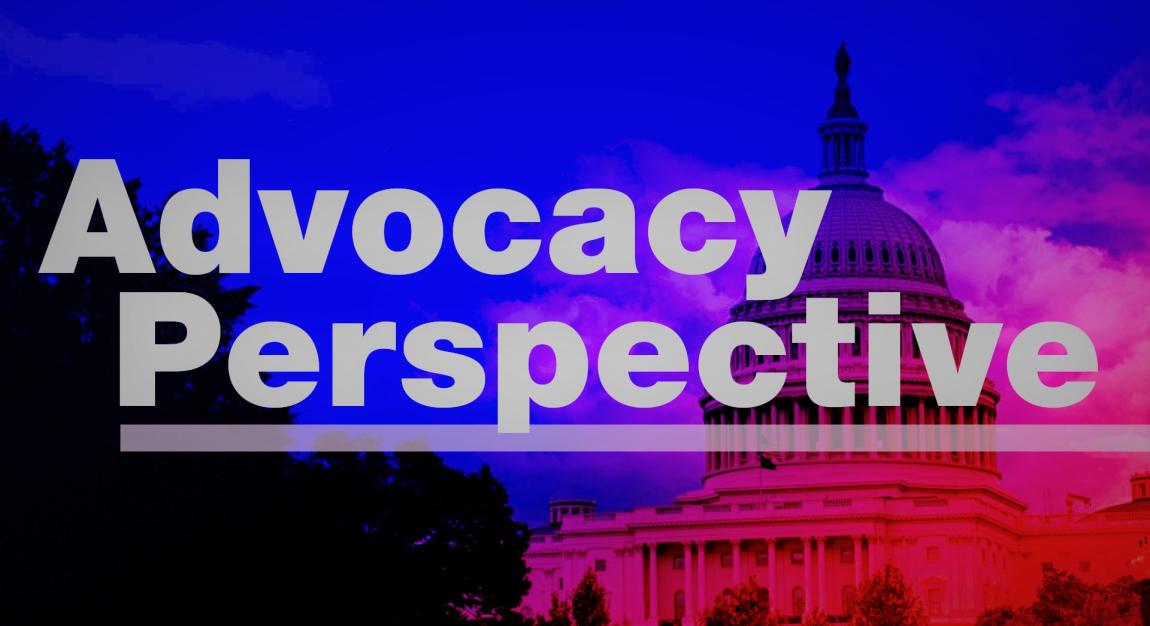
I am an annual contributor to the STS-PAC. Each year, however, as I consider whether to renew my contribution, I find myself in a state of internal debate around one central question. When I contribute to the PAC that is advocating for me, my colleagues and the future of my specialty, am I doing so to the ultimate benefit or detriment of our patients and society more broadly?
The major hurdle in my thinking is my awareness of the role of special interests on policy making in government. Regardless of the name they take, be it a PAC, super PAC, or lobbyist, I think most would agree, or at least recognize, the conflict of having large monied interests playing a part in policy making. This is clearly a case where those with means are able to use those means to protect or enhance their own circumstances with the people who are meant to be legislating for the public good. A look at the largest lobbyists by total annual expenditure would probably not surprise the reader. Among the top spenders are defense contractors such a Boeing Co and Northrop Grumman and major corporations such as Amazon, Meta, and General Motors. Healthcare is a major component of the American economy, so one would also expect to see healthcare entities well represented on this list, and they would not be disappointed. Indeed, among just the top ten lobbyists for 2023, six represent health insurance, pharmaceutical, hospital, or medical associations. The American Medical Association comes in at #7 ($6.82 million spent in 2023). I would like to think that our public officials are able to act and govern in the way that will maximize equity and benefit for their constituents, but the cynic in me worries at anyone’s ability to resist the financial influence of these groups.
All of this leads me again to my question: when I contribute to any PAC, am I contributing towards a policy change that I believe in or just contributing to further entrench the current system? Each year for the past few years, I have run through these arguments in my head, and each year, I ultimately decide to contribute to the STS-PAC. At one point, I had the opportunity to discuss this strife with a mentor who was part of the group that led the initial creation of the STS-PAC and I shared these concerns. I was relieved when he told me that the group wrestled with these same considerations, ultimately deciding that the best way to advocate for our patients was through the PAC, and realizing that they must stay dedicated to patients as the priority. Indeed, I need only to look at the advocacy agenda of the STS-PAC to know that their intentions and actions remain redeemable and patient centered. I am also keenly aware of the necessity for advocacy and recognize that I would rather have our specialty at the table than on the menu. As long as the values of the STS-PAC remain in line with my own, I will continue to contribute to it. I would implore everyone to reflect in this same way. If after doing so, the work of the PAC is aligned with your values, you should contribute. And if it isn’t, you should share your concerns. It’s our PAC after all.
